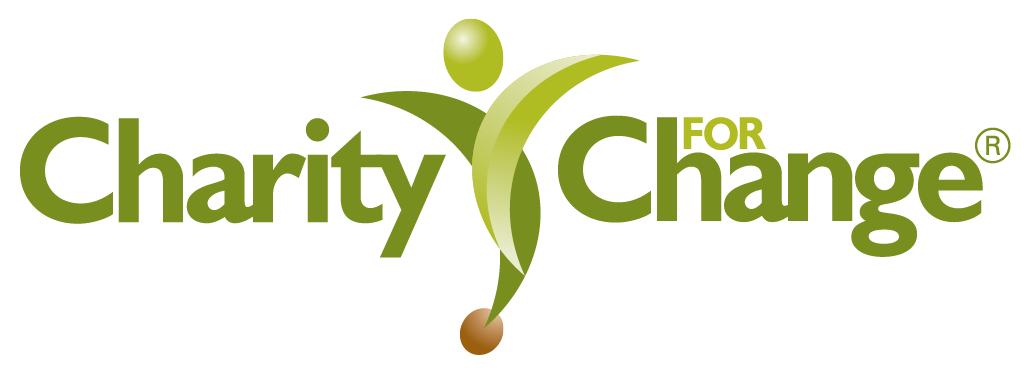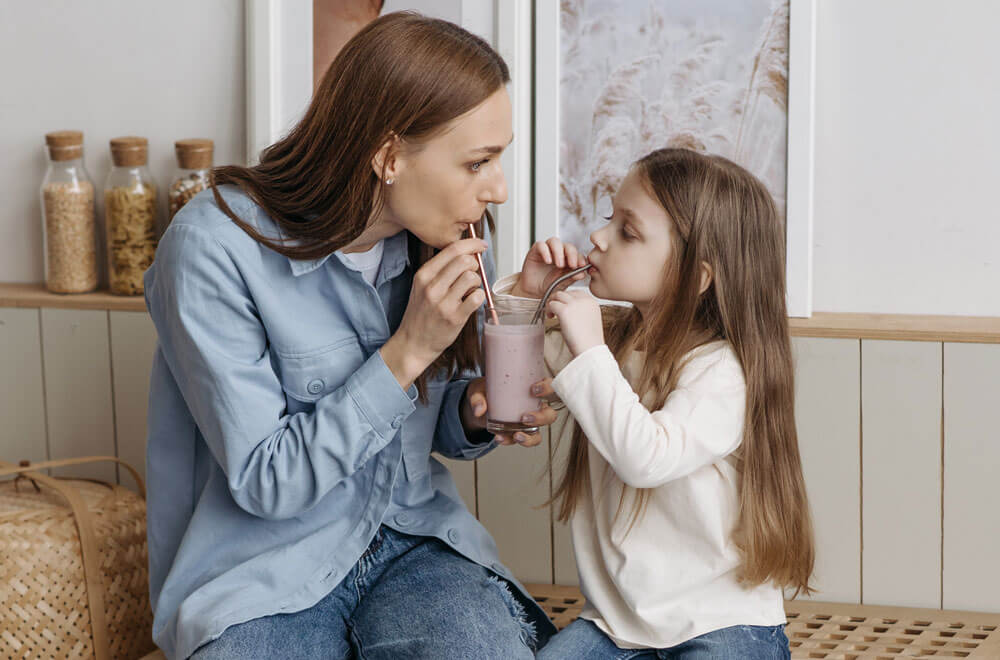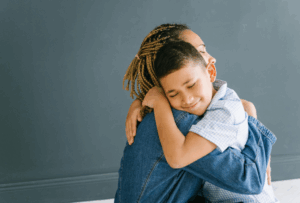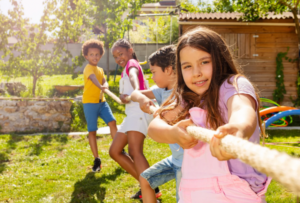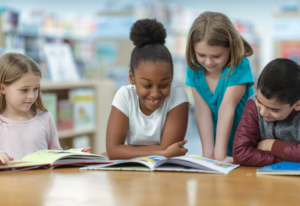By Karen Conley, President, CEO and founder of Charity for Change
One of the earliest lessons we learn in life is how to interact with the world around us. Part of this interaction is cultivating and navigating relationships with the people we encounter. A baby learns that if they cry, they will be fed or held. From there, we learn more about how to engage with others, to express ourselves, to form daily routines, and to build our support systems and communities. All of this is part of our social wellbeing.
Social wellness is a person’s ability to develop and maintain healthy relationships, to manage different social interactions and to empathize with others. It is not about the number of friendships you have, it’s about the quality of the relationships in your life.
Your social wellness has a significant impact on your physical and mental health. During the pandemic, most of us were quarantined from family and friends, leading to increased depression, anger and isolation. And just as our social wellbeing is vital to our health, it is important to a child’s health as well. Additionally, having positive, healthy social skills can help a child succeed in all aspects of life.
Social Wellness for Children
Just as a child learns that words tell stories and 1 + 1 = 2, they also learn how to interact with others in a positive and healthy way. Children experience a variety of different relationships every day with their peers, teachers, friends, parents, and each encounter has an impact on their development. Teaching children how to develop, practice, and strengthen their social skills can help them succeed academically, manage their emotions, and form healthy friendships. Positive friendships are good for a child’s mental health, as well as gives them an opportunity to foster life skills like problem solving and conflict resolution.
Research published in the American Journal of Public Health states that a child’s social and emotional skills in kindergarten may be the most significant indicator of their success as adults. The good news is that it is never too late to teach children how good social skills.
Key Social Skills for Children
In a study from researchers at Penn State and Duke University, it was discovered that children who were better at sharing, cooperating, and listening at 5 years of age were more likely to go to college and be employed by age 25. By learning key social skills, children can be set up to achieve their academic and professional goals later in life.
Sharing. The ability to share with others can have a reciprocal effect on children. Sharing with others can help boost a child’s self-esteem, and by sharing with others they are helping someone else feel good. Then, when a child feels good about themselves, they are more likely to share with others. What is crucial to remember is to not force a child to share. Instead point out positive situations where sharing occurred, discuss how it made your child and others feel, and praise them for practicing sharing.
Cooperating. Helping a child learn how to work and play well with others leads to several positive character traits. Children who can cooperate are respectful, helpful, engaged, and confident. They learn more about who they are, their value, and how to interact with others. Furthermore, beneficial life lessons are learned along the way such as how to compromise and understanding the success of other’s is not a poor reflection on them.
Listening. The most essential part of positive communication is listening. Good listening skills can help a child advance academically as they will be better able to absorb educational material and apply critical thinking to what they learn. Additionally, by being able to listen and understand what they hear, children develop empathy and caring for others.
Social-Emotional Learning (SEL) Programs Promote Social Wellbeing
Charity for Change’s SEL program sets children on the trajectory to thrive by giving them the building blocks they need to be healthy, resilient adults. With a proven, results-driven curriculum that integrates character-based education with real-life scenarios, children acquire positive life traits like cooperation, kindness, charity, caring and respect. By having a strong foundation for their social wellbeing, research shows that children are more likely to thrive in the following areas:
- Physical and mental health
- Academic performance
- Adapting to and meeting challenges
- Nurturing and maintaining relationships
- Increased likelihood of graduating high school and being actively employed
About the Author
Karen Conley is President, CEO and founder of Charity for Change, a non-profit social-emotional learning educational organization funded by philanthropy. For information, visit charityforchange.org.
